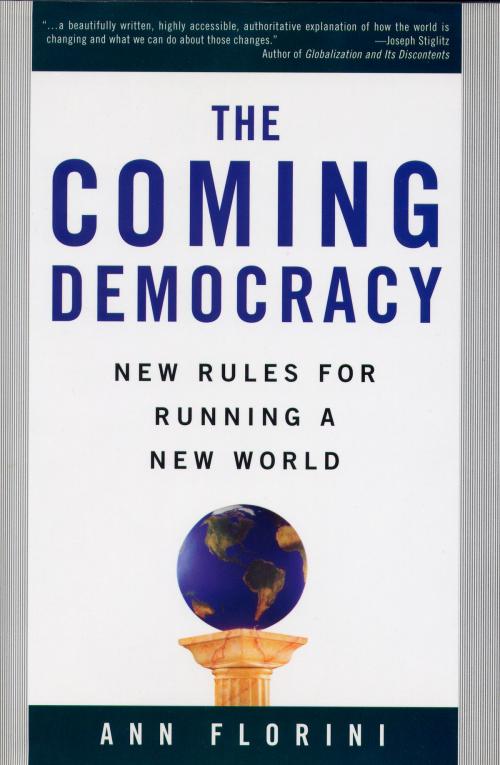The Coming Democracy
New Rules For Running A New World
Nonfiction, Social & Cultural Studies, Political Science, Government, Public Policy| Author: | Ann Florini | ISBN: | 9781597268462 |
| Publisher: | Island Press | Publication: | April 10, 2013 |
| Imprint: | Island Press | Language: | English |
| Author: | Ann Florini |
| ISBN: | 9781597268462 |
| Publisher: | Island Press |
| Publication: | April 10, 2013 |
| Imprint: | Island Press |
| Language: | English |
National governments are proving ill-equipped to manage an increasingly complicated suite of global problems, from infectious diseases to climate change to conflicts over international trade. In The Coming Democracy, leading political analyst Ann Florini sets forth a compelling new paradigm for transnational governance, one based on the concept of "transparency"-- the idea that the free flow of information (on topics ranging from corporate and governmbehavior to nuclear proliferation to biodiversity protection) provides powerful ways to hold decision makers accountable and to give ordinary people meaningful voice in shaping the policies that affect them. Dramatic breakthroughs in information technology of the past decade have made such transparency possible on a global scale.Florini offers a clear and comprehensive assessmof the possibilities for using transparency to develop effective approaches to transnational governance. She shows how this new form of governance promises real hope for managing global problems, and provides a compelling scenario that demonstrates how existing conventions and institutions can lead the way in the evolution of a better system of global governance.
National governments are proving ill-equipped to manage an increasingly complicated suite of global problems, from infectious diseases to climate change to conflicts over international trade. In The Coming Democracy, leading political analyst Ann Florini sets forth a compelling new paradigm for transnational governance, one based on the concept of "transparency"-- the idea that the free flow of information (on topics ranging from corporate and governmbehavior to nuclear proliferation to biodiversity protection) provides powerful ways to hold decision makers accountable and to give ordinary people meaningful voice in shaping the policies that affect them. Dramatic breakthroughs in information technology of the past decade have made such transparency possible on a global scale.Florini offers a clear and comprehensive assessmof the possibilities for using transparency to develop effective approaches to transnational governance. She shows how this new form of governance promises real hope for managing global problems, and provides a compelling scenario that demonstrates how existing conventions and institutions can lead the way in the evolution of a better system of global governance.















